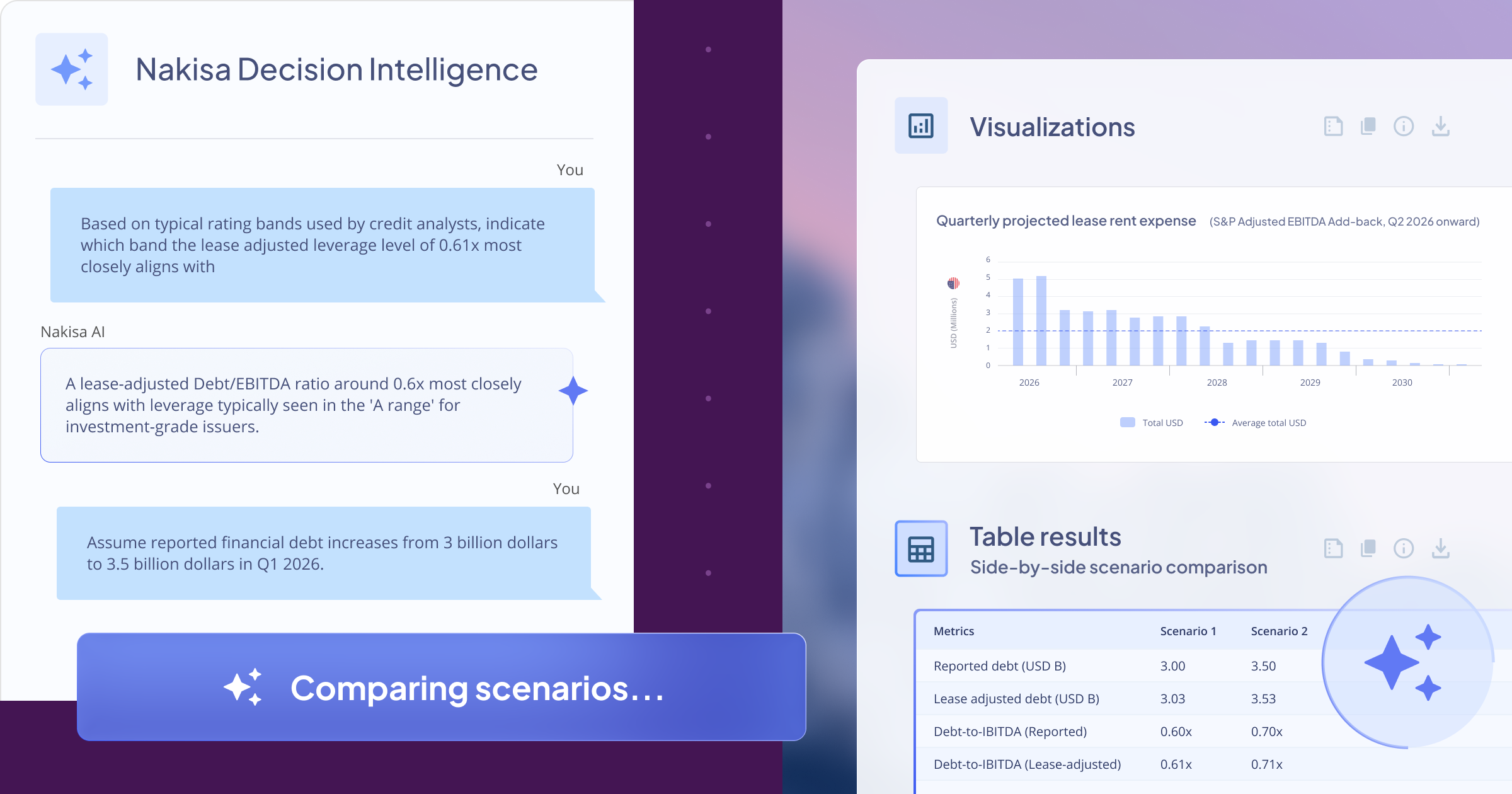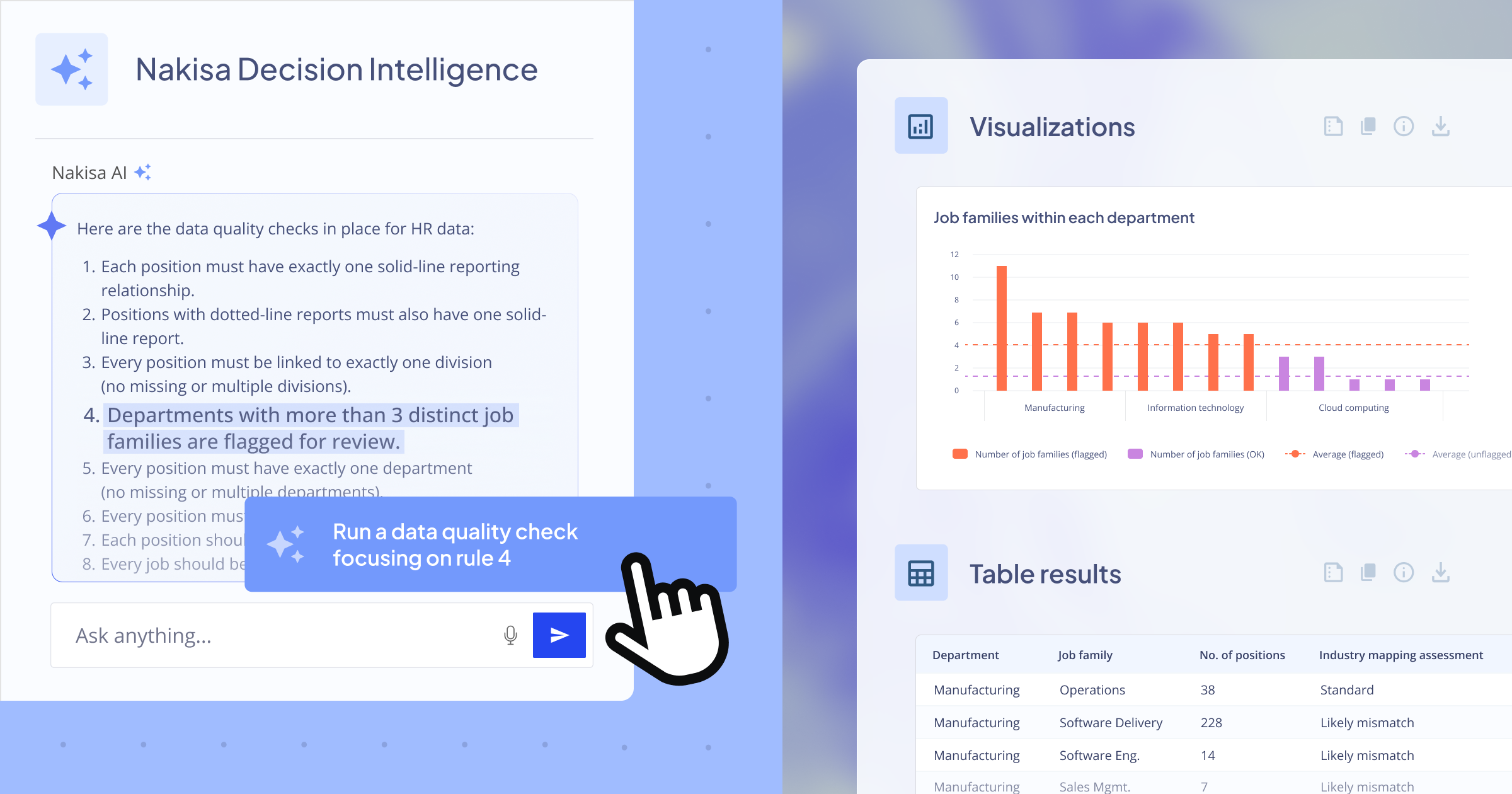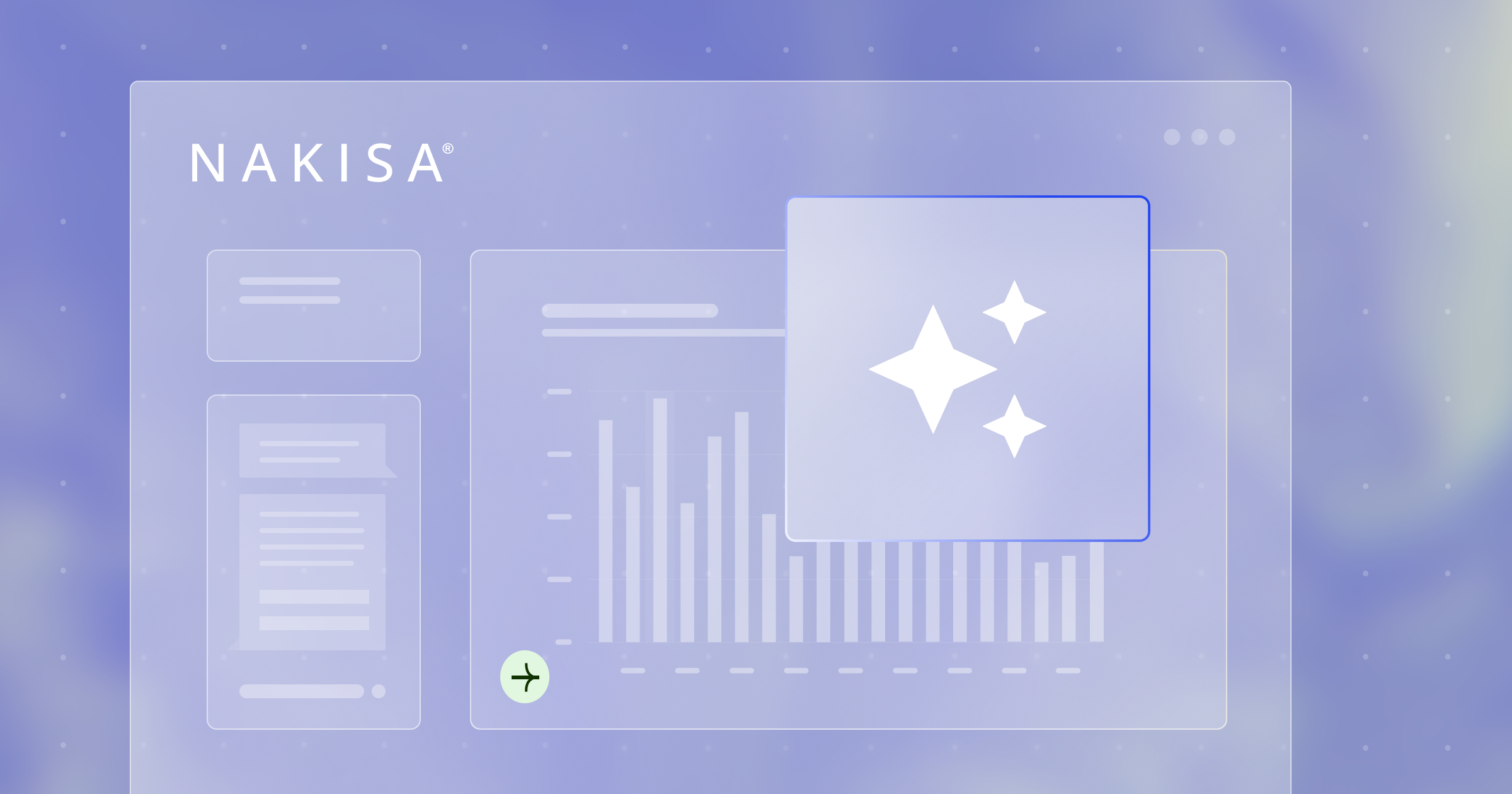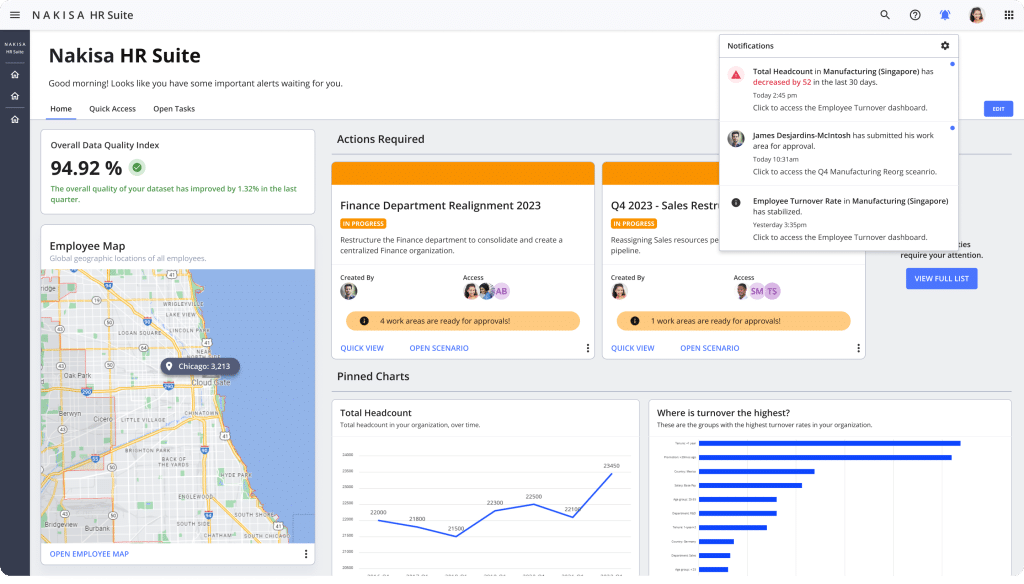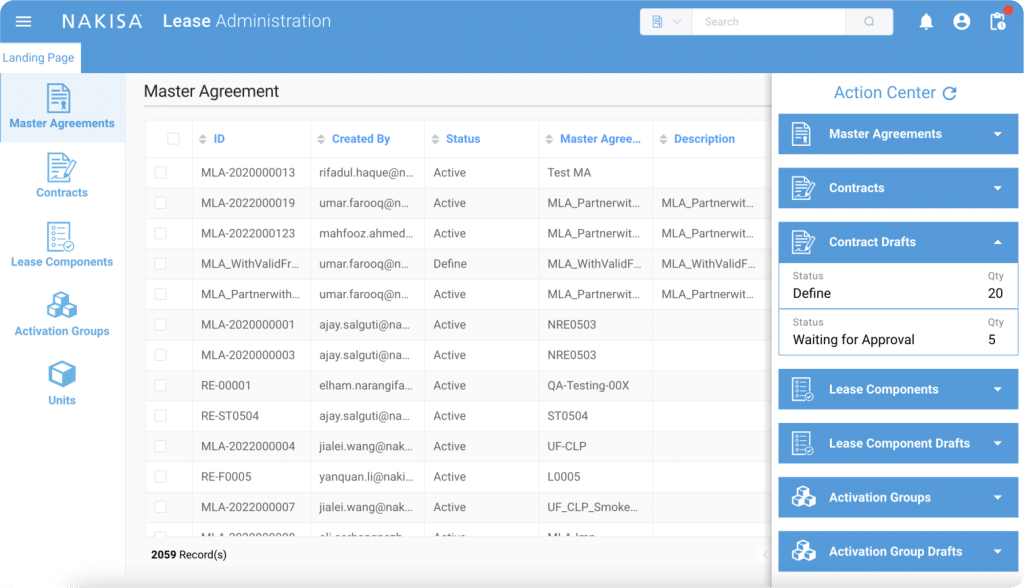The Financial Accounting Standards Board, or FASB, has made decisions it hopes will reduce costs and ease the burden for companies working to adopt new lease accounting rules known as ASC Topic 842. In response to feedback about the effort required to reflect the new rules in all years in a set of financial statements, the FASB is offering a scaled-back approach that leaves prior years untouched. While the FASB did not delay the date by which users must adopt ASC 842, the amendment relieves public companies of the need to revise as much as two years of lease activity.
Simplified Option Reduces Level of Effort to Adopt ASC 842
The Board kept the modified retrospective approach set out in the current version of ASC 842. Under this method, a company applies the standard to leases in place as of the adoption date, records a cumulative-effect adjustment to retained earnings as of the first day of the adoption year, and follows the new rules for all leases entered or modified going forward.
With the original approach, the adoption date went to the start of the earliest comparative period shown in a set of financial statements. For instance, take a calendar-year filer required to show three years of income statements and two balance sheets, and adopting ASC 842 on January 1, 2019. This company would compute the retained earnings adjustment as of January 1, 2017, and adjust the comparable 2017 and 2018 income statements and the comparable 2018 balance sheet. With the simplified option, the same company would compute the retained earnings adjustment as of January 1, 2019, and would not adjust any prior statements. Because ASC 842 only requires a company to apply the new rules to leases in place as of the adoption date, the FASB's relief allows a meaningful reduction in the work required to apply the new standard.
While the FASB has decided to provide a simplified transition option, the original approach remains available. Companies that have made substantial progress under the previous method may still choose to use that approach since it reports comparable results for all periods of financial statements presented.
Preparation Remains Important for Smooth Adoption
It is important to note that the FASB’s decision to provide a simplified transition option does not change the required adoption date, and public companies with calendar year ends must still adopt the new leasing standard effective January 1, 2019. A calendar year public company must file its first quarter 10-Q reflecting the adoption by May 10, 2019, and most will need to reflect the new leasing standards in earnings announcements in April 2019. The SEC and investors will want most registrants to disclose the expected impact of ASC 842 in the 2018 Form 10-K, filed by the end of February 2019.
Regardless of which option a company chooses, these looming deadlines highlight the need to make system and internal control changes well in advance. Not doing so increases the risk of material weaknesses in controls over financial reporting and market uncertainty due to a lack of transparency.

